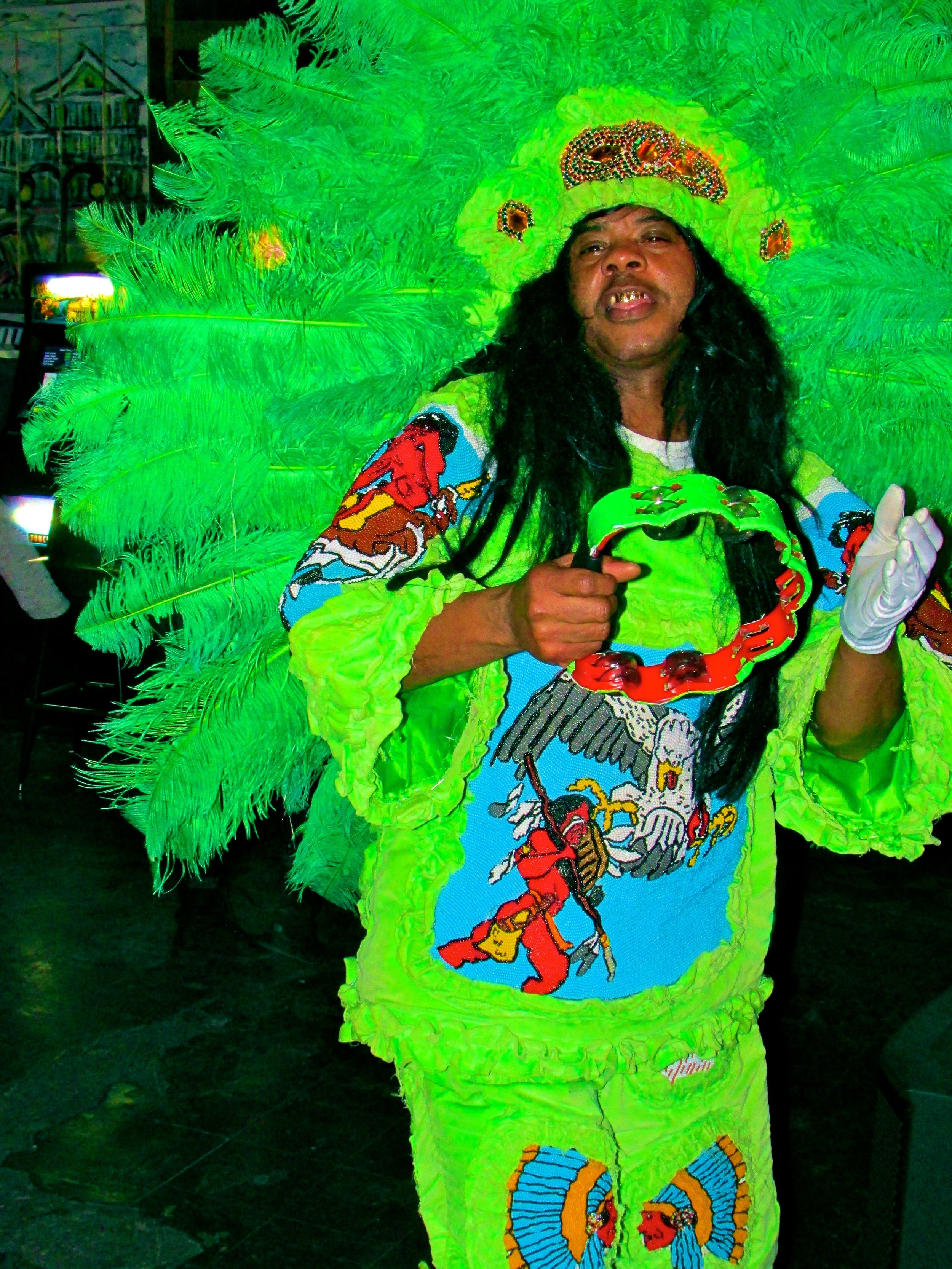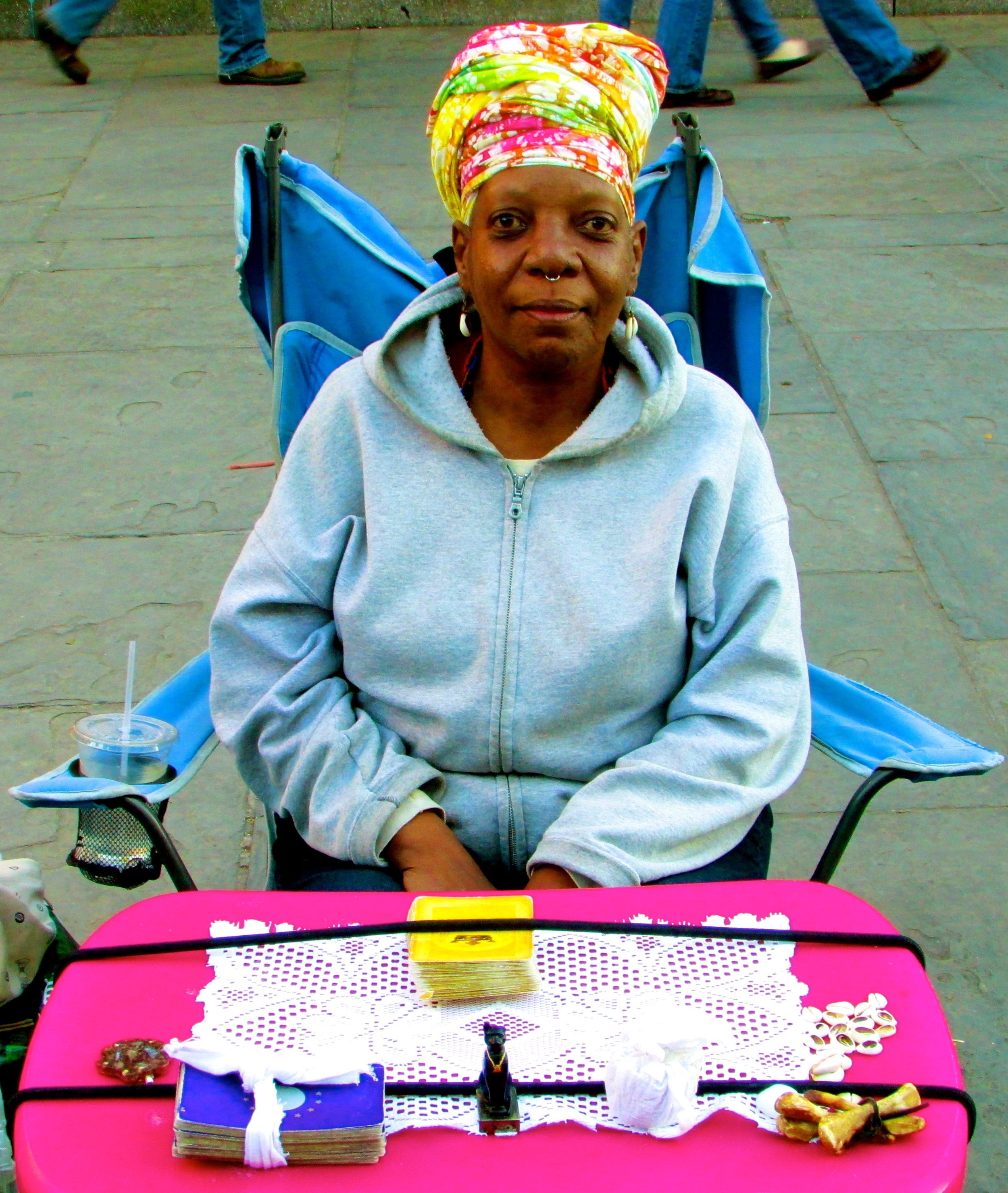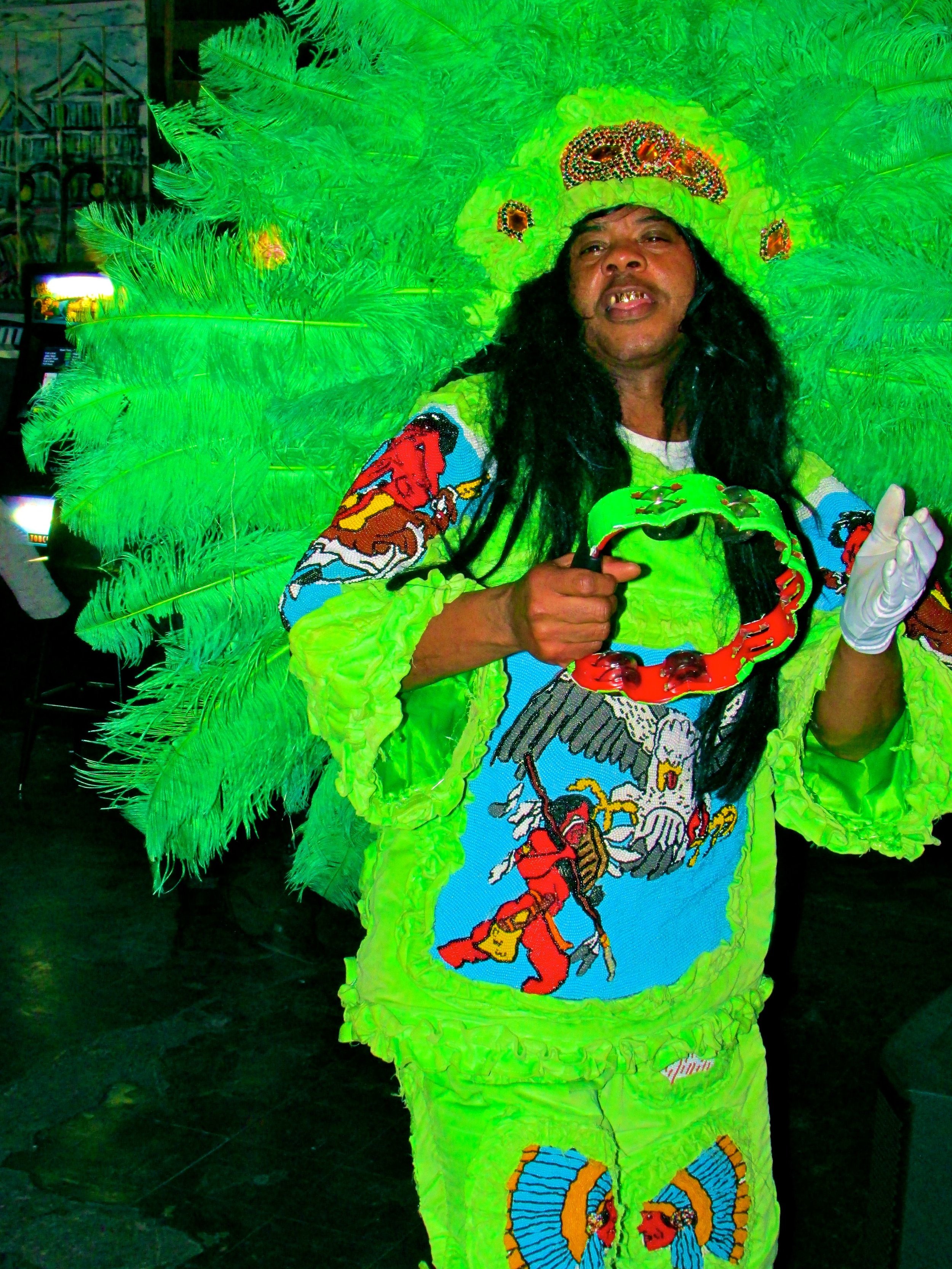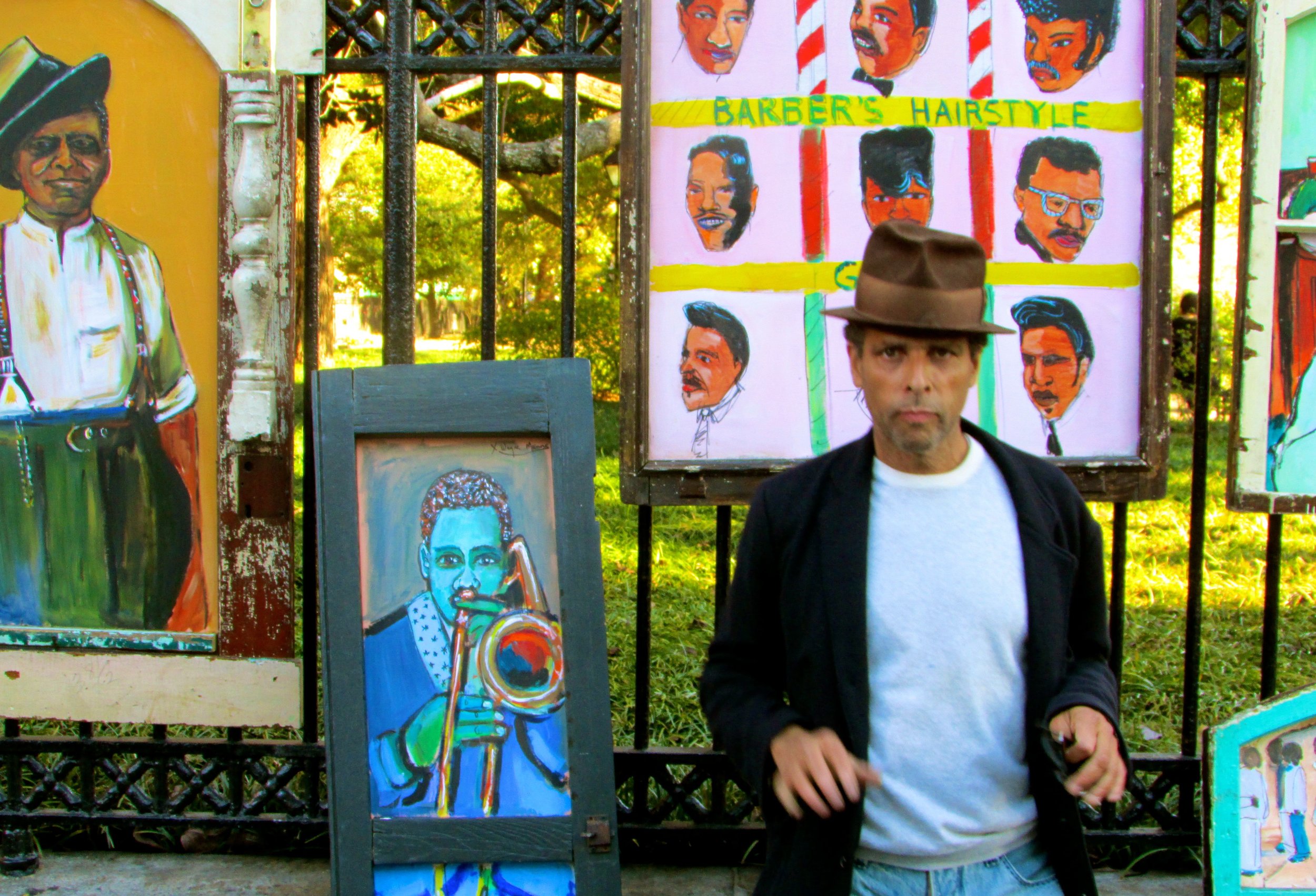Keith
 Name: KeithHometown: Minneapolis, MinnesotaAge: 59Age You First Fell in Love: I've fallen in love in more ways than one, but I married my real deal at 20.Love Is: When you do things [for that person] without thinking twice, you do things without hesitancy, it's automatic. You do it all unconditionally.On Atlanta: I moved to Atlanta when I was 19 in 1973 and it has definitely changed. You know being from Minneapolis, I loved it down here. I went to Georgia State and there were so many beautiful black women walking around. Natural hair was the norm, it was everywhere. Our best pickup line was, "I love your hair." I moved to East Point and I remember when I called an apartment leasing office, the woman on the phone told me, "You better hurry, all these coloreds are trying to move in!" (he laughs), but that's how it was. Black people were more scattered, you'd never see as much black people as you do now in places like Stone Mountain or Cobb County. Things have definitely changed.On Music: Earth, Wind and Fire or Parliament, that P-Funk. We bought that automatic! There was no need to listen to a single first, we just went down there and bought the record. Our music was about the struggle, you could hear it in the music. This generation is more about money and drugs and sex. Except for Tupac.On Being Black: Your generation is proud of their accomplishments, what they've done, who they are. We were just proud to be black, that's all we needed.
Name: KeithHometown: Minneapolis, MinnesotaAge: 59Age You First Fell in Love: I've fallen in love in more ways than one, but I married my real deal at 20.Love Is: When you do things [for that person] without thinking twice, you do things without hesitancy, it's automatic. You do it all unconditionally.On Atlanta: I moved to Atlanta when I was 19 in 1973 and it has definitely changed. You know being from Minneapolis, I loved it down here. I went to Georgia State and there were so many beautiful black women walking around. Natural hair was the norm, it was everywhere. Our best pickup line was, "I love your hair." I moved to East Point and I remember when I called an apartment leasing office, the woman on the phone told me, "You better hurry, all these coloreds are trying to move in!" (he laughs), but that's how it was. Black people were more scattered, you'd never see as much black people as you do now in places like Stone Mountain or Cobb County. Things have definitely changed.On Music: Earth, Wind and Fire or Parliament, that P-Funk. We bought that automatic! There was no need to listen to a single first, we just went down there and bought the record. Our music was about the struggle, you could hear it in the music. This generation is more about money and drugs and sex. Except for Tupac.On Being Black: Your generation is proud of their accomplishments, what they've done, who they are. We were just proud to be black, that's all we needed.
Spy Boy Honey
 Name: Spy Boy HoneyHometown: New Orleans, LouisianaAge: 48Age You First Fell in Love: 37Love Is: When I'm happy to see them and being in their company is enough.It is my first night in New Orleans after almost two years and I am happy to be there. My sister and I venture to a small bar on Banks Street, aptly named Banks Street Bar and Grill, where we are meeting a friend of hers. Inside of the small catty-cornered building is a band of five men onstage. The lead singer, dressed in bright green feathers and beads, is a man called Spy Boy Honey. The music is beautiful. The kind you hear only in New Orleans and the kind that always makes me feel at home when I'm there. During intermission we stand outside in a small circle talking."You know, black men weren't allowed to participate in Mardi Gras.", Spy Boy says as we step away from the group. I'd told him the premise of my research and wanted to learn a bit about him and the influence New Orleans had on his life. He proceeds to give me a wonderful history stretching almost two-hundred years. "Slaves weren't allowed in churches, so their masters would leave them in Congo Square every Sunday, and there were exchanges of rhythms and beats, that is why second lines happen on Sundays, it's how it's always been done." For those of you who have never been to New Orleans, second lines are a traditional funeral processional or festive march of sorts; with a brass band leading and a "second line" formed behind them, with either caskets, people dancing, handkerchiefs or parasols in hand.Spy Boy is a member of The Creole Wild West, the oldest documented Mardis Gras Indian gang in New Orleans, "We call them gangs or tribes, it's almost like a cult society, where you learn things that no one else would know.", he goes on about Mardi Gras Indians. "We dress this way to pay homage to the Native American tribes, like the Choctaw, who took us in when we ran away. That's why we call Mardi Gras music Indian music. All the beading and feathers we use, we use to pay tribute to them. We spend all year sewing and Mardi Gras is when we get to show what we've done."The two things I love the most about Spy Boy are how much breathing history lives in one man and his love for New Orleans. "I left New Orleans after the storm and didn't listen to Mardis Gras music for almost nine months. Then one day I heard it and I just started crying. I had to come home, so I came on back to New Orleans." Mardis Gras to most is merely a chance to be belligerently drunk on Bourbon Street; but for Spy Boy, who has been a member of The Creole Wild West since he was six, Mardis Gras is his heirloom. It is the purest connection he has to his ancestors. He is a direct descendant of men who created a culture out of their rejection; a culture that is now a prominent face of New Orleans. Spy Boy Honey in his continuation of such traditions is their living vindication.
Name: Spy Boy HoneyHometown: New Orleans, LouisianaAge: 48Age You First Fell in Love: 37Love Is: When I'm happy to see them and being in their company is enough.It is my first night in New Orleans after almost two years and I am happy to be there. My sister and I venture to a small bar on Banks Street, aptly named Banks Street Bar and Grill, where we are meeting a friend of hers. Inside of the small catty-cornered building is a band of five men onstage. The lead singer, dressed in bright green feathers and beads, is a man called Spy Boy Honey. The music is beautiful. The kind you hear only in New Orleans and the kind that always makes me feel at home when I'm there. During intermission we stand outside in a small circle talking."You know, black men weren't allowed to participate in Mardi Gras.", Spy Boy says as we step away from the group. I'd told him the premise of my research and wanted to learn a bit about him and the influence New Orleans had on his life. He proceeds to give me a wonderful history stretching almost two-hundred years. "Slaves weren't allowed in churches, so their masters would leave them in Congo Square every Sunday, and there were exchanges of rhythms and beats, that is why second lines happen on Sundays, it's how it's always been done." For those of you who have never been to New Orleans, second lines are a traditional funeral processional or festive march of sorts; with a brass band leading and a "second line" formed behind them, with either caskets, people dancing, handkerchiefs or parasols in hand.Spy Boy is a member of The Creole Wild West, the oldest documented Mardis Gras Indian gang in New Orleans, "We call them gangs or tribes, it's almost like a cult society, where you learn things that no one else would know.", he goes on about Mardi Gras Indians. "We dress this way to pay homage to the Native American tribes, like the Choctaw, who took us in when we ran away. That's why we call Mardi Gras music Indian music. All the beading and feathers we use, we use to pay tribute to them. We spend all year sewing and Mardi Gras is when we get to show what we've done."The two things I love the most about Spy Boy are how much breathing history lives in one man and his love for New Orleans. "I left New Orleans after the storm and didn't listen to Mardis Gras music for almost nine months. Then one day I heard it and I just started crying. I had to come home, so I came on back to New Orleans." Mardis Gras to most is merely a chance to be belligerently drunk on Bourbon Street; but for Spy Boy, who has been a member of The Creole Wild West since he was six, Mardis Gras is his heirloom. It is the purest connection he has to his ancestors. He is a direct descendant of men who created a culture out of their rejection; a culture that is now a prominent face of New Orleans. Spy Boy Honey in his continuation of such traditions is their living vindication.
Wayne Manns
Name: Wayne MannsHometown: Atlantic City, New JerseyAge: 58Age You First Fell in Love: I first fell in love when I was one years old with my mother, it was love at first suckle and my Grandma Pudding, but if you mean in the romantic sense, I was thirteen.Love Is: Love is giving.I also met artist Wayne Manns in Jackson Square, he was dancing to the brass band and selling his art. As we talked, he pulled a sketchbook out of his bag and began to draw me as we spoke. He'd just come back to America from studying art in Brazil and Cuba before that. I asked him what Cuba was like, as I've always been interested in Cuban history. We talked a bit about the African influence on Cuban art and music. When I asked him his definition of love, he burst out into a stream of conscience, speaking fluidly as he continued to sketch me:"I love my Grandma Pudding, I painted her, her portrait is over there (he points to a framed painting sitting against a wall). I always thought love was about getting, I learned this last week (he smirks as he looks up from his sketch) that love is about giving energy, time, talent. My music and my paintings are all about love, love of black folks. Invisible Man made me fall in love. Coltrane's My Favorite Thing makes me think of love. I've learned to not follow love, but to follow my heart, to not take any hostages. Love is making sure that I learn as much as I teach."
Mama E.
 Name: Mama E.Age: 56Age You First Fell in Love: 9Hometown: Savannah, Georgia "But the spirits brought me to New Orleans, they told me they'd take care of me if I took care of them, and they have."Love Is: Love is who loves you.Mama E. was cool. She had a very fun spirit about her and large, somewhat sad eyes. We met her while in Jackson Square and learned that her father was from Benin, "My mother's people are from St. Thomas." At some point in conversation, my sister asked if she ever saw spirits, to which she replied, "Yes, I see some of our ancestors. He was standing on a corner and in chains, they were around his feet and around his neck. I asked him if there was any problem, he asked for fruit and gin. Spirits always want gin. So I went home, ate fruit and drank gin for him." We ask if she learned his name, "Yes, it was Domi-something, it wasn't quite Dominique, but a variation. He was very tired and hungry."Side Note: I believe in spirits, so Mama E saying the spirit asked for gin, makes sense to me. When we were younger, my father, who is from Ghana, would take us outside every once in a while to perform libations. Libations, are in the most basic sense, a drink offering and what we see in the African Diaspora when drinks are poured for the deceased. There would always be a handle of gin, with roots soaking in it, to offer to the ancestors whose name he'd call. We'd all take a sip and he would pour the gin on the ground three times to share with those who came before us.
Name: Mama E.Age: 56Age You First Fell in Love: 9Hometown: Savannah, Georgia "But the spirits brought me to New Orleans, they told me they'd take care of me if I took care of them, and they have."Love Is: Love is who loves you.Mama E. was cool. She had a very fun spirit about her and large, somewhat sad eyes. We met her while in Jackson Square and learned that her father was from Benin, "My mother's people are from St. Thomas." At some point in conversation, my sister asked if she ever saw spirits, to which she replied, "Yes, I see some of our ancestors. He was standing on a corner and in chains, they were around his feet and around his neck. I asked him if there was any problem, he asked for fruit and gin. Spirits always want gin. So I went home, ate fruit and drank gin for him." We ask if she learned his name, "Yes, it was Domi-something, it wasn't quite Dominique, but a variation. He was very tired and hungry."Side Note: I believe in spirits, so Mama E saying the spirit asked for gin, makes sense to me. When we were younger, my father, who is from Ghana, would take us outside every once in a while to perform libations. Libations, are in the most basic sense, a drink offering and what we see in the African Diaspora when drinks are poured for the deceased. There would always be a handle of gin, with roots soaking in it, to offer to the ancestors whose name he'd call. We'd all take a sip and he would pour the gin on the ground three times to share with those who came before us.










